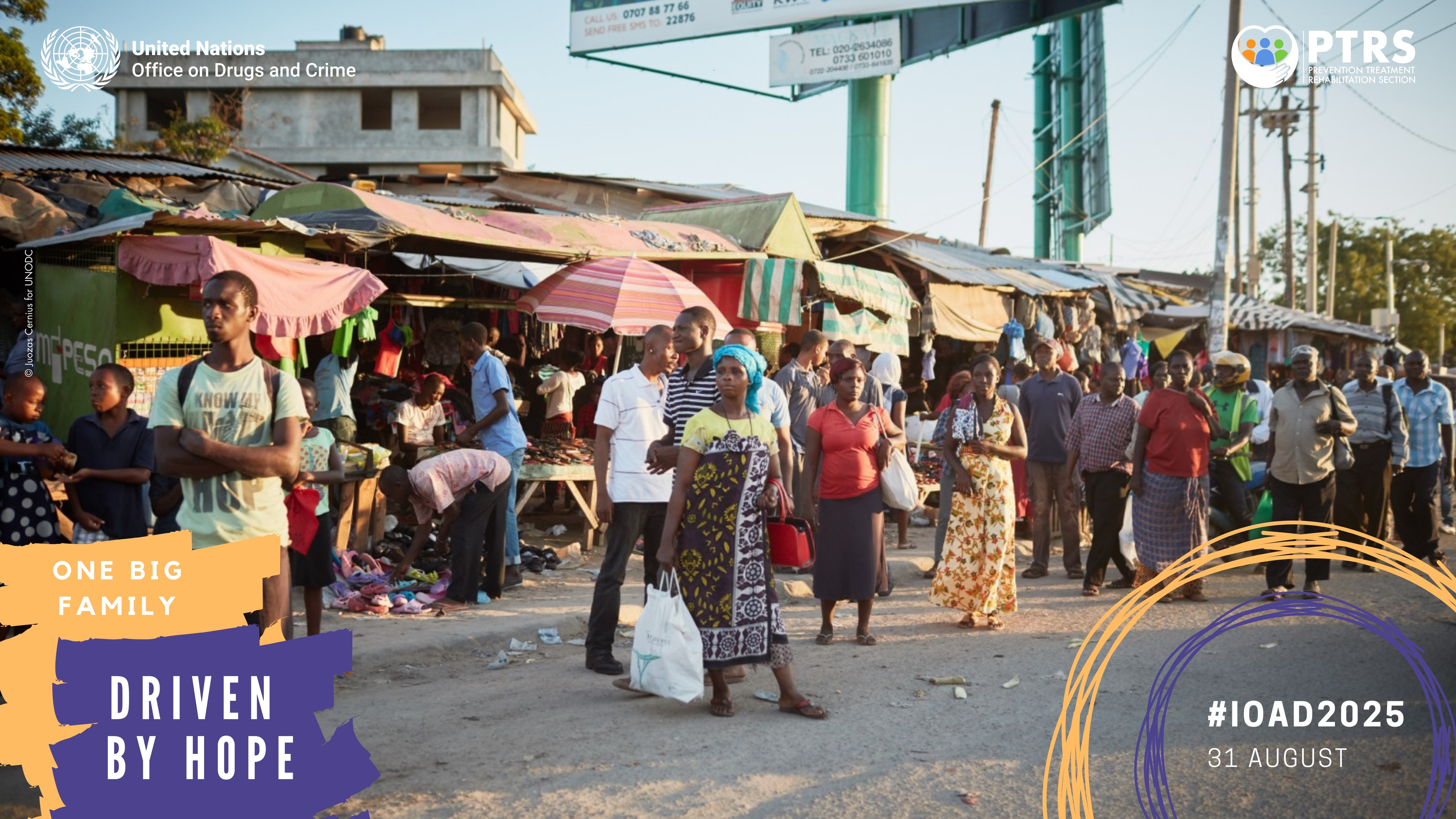UN Biodiversity Report: Humans Responsible for Massive Species Loss
Drug AwarenessPosted by AI on 2025-08-30 20:02:14 | Last Updated by AI on 2025-08-31 10:17:26
Share: Facebook | Twitter | Whatsapp | Linkedin Visits: 1

The vast diversity of life on Earth is rapidly unraveling, according to a UN report, with more than one million species now threatened with extinction. Behind this stark statistic, a plethora of stories exist, ranging from the plight of native peoples reliant on at-risk wildlife in the Amazon to the cascading effects on essential ecosystems like coral reefs and forests. The report's release has sparked intense conversation about the urgent action needed to preserve biodiversity.
A team of more than 400 experts contributed to the UN's flagship Global Assessment Report on Biodiversity, which reveals a concerning state of nature.Alarmingly, the report reveals that up to one million species are at risk of extinction, representing approximately one-sixth of the species assessed so far. This estimate likely underlines an even more significant problem, as many more species remain unassessed. Of those identified, over 100,000 are critically endangered, facing an extremely high risk of extinction. These statistics paint a dire picture of the current global state of biodiversity, prompting calls for quick and effective action to preserve life on Earth.
The report's release has generated an intense global discussion on the state of biodiversity and the potential consequences of further loss. Environmental organizations, scientists, and policymakers have weighed in, emphasizing the importance of tackling the key drivers of biodiversity loss, including unsustainable resource consumption, population growth, and invasive species. While the crisis is multifaceted, many agree that widespread education and behavioral changes are vital to shift the tide. The current topic has also sparked a discussion of the importance of indigenous knowledge and practices in preserving biodiversity.
The report's conclusions highlight the urgency of these actions, as countries are currently failing to meet biodiversity targets set forth in the Strategic Plan for Biodiversity 2011-2020. The loss of biodiversity has far-reaching implications, spanning the economy, key services, and regressive impacts on societal groups.
In essence, the pressing issue of biodiversity loss calls for profound commitment and collaboration from individuals, organizations, and governments alike. Only then can we propel the ecosystem restoration and conservation necessary to safeguard our planet's intricate web of life.
Search
Categories
- Sports
- Business
- History
- Politics
- International
- Science & Technology
- Social Issues
- Disaster Management
- Current Affairs
- Education
- Startup Business
- Startup News
- Awards
- Community Services
- Fundraising Events
- Volunteer Services
- Health Initiatives
- Innovations and Initiatives
- In News
- Banners
- Awards
- Partners
- Products
- Press Releases
- News
- Fast Check
- South
- సినిమా
- Gallery
- Sunday Chronicle
- Hyderabad Chronicle
- లైఫ్ స్టైల్
- National
- క్రైం
- ట్రెండింగ్
- జాబ్స్
- అంతర్జాతీయo
- బిజినెస్
- రాజకీయం
- బిజినెస్
- సంపాదకీయం
- నవ్య
- చిత్ర జ్యోతి
- క్రీడలు
- జాతీయం
- తెలంగాణ
- తాజా వార్తలు
- మన పార్టీ
- మన నాయకత్వం
- మన విజయాలు
- డౌన్లోడ్స్
- మీడియా వనరులు
- కార్యకర్తలు
- North East Skill Center News
- Government Schemes
- Entrepreneurship Support
- Employment Opportunities
- Skill Training Programs
- Departments
- Investments
- Initiatives
- Resources
- Telangana IT Parks
- Events & Jobs
- Press Releases
- News
- Airport News
- Newtons Laws of Motion
- Karbonn in Business
- Investments in Karbonn
- Company quarterly sales
- Markets
- Auto News
- Industry
- Money
- Advertisements
- Stock target
- Company Updates
- Stock Market
- Company Sales
- Staffing and HR
- Constituency Assembly
- General News
- Srikalahasti Temple
- Bojjala Sudhir Reddy
- Technology & Innovation
- Sports
- Business
- Products
- Industries
- Services & Trainings
- Tools & Resources
- Technology Integration
- Drug Seizures & Arrests
- Telangana Narcotics
- Law & Enforcement
- Rehabilitation
- Nationwide Drug Policing
- Nigeria Seizures
- Global Operations
- Drug Awareness
- Drug Enforcement Tech
- NCB Drug Seizures
- Judicial Crackdown
- India's Surveillance Tools
- Cross-Border Links
- Women Safety
- Cyber Crimes
- Drug Abuse
- Traffic & Road Safety
- Community Connect
- Public Safety Alerts
- Citizen Assistance
- Nellore City News
- Politics & Administration
- Events & Festivals
- Agriculture & Rural
- Business & Economy
- Health & Wellness
Recent News
- Here is a written draft of a news article about a 10-year-old girl from Hyderabad campaigning for a drug-free world
- Telanganas Elite Anti-Narcotics Unit Crushes Elite Drug Ring
- Drug Smugglers Arrested in Style
- Sniffer dogs and drones: Police track missing man with cutting-edge technology
- Man Arrested for Murders after Birthday Gift Dispute
- Missing lab tech's bike found, CCTV footage shows him riding tandem.
- 'Gave Me Global Recognition': Supreme Court Justice Vikram Nath On Stray Dog Order
- US mediates diplomatic 'hide-and-seek' between India & Pakistan